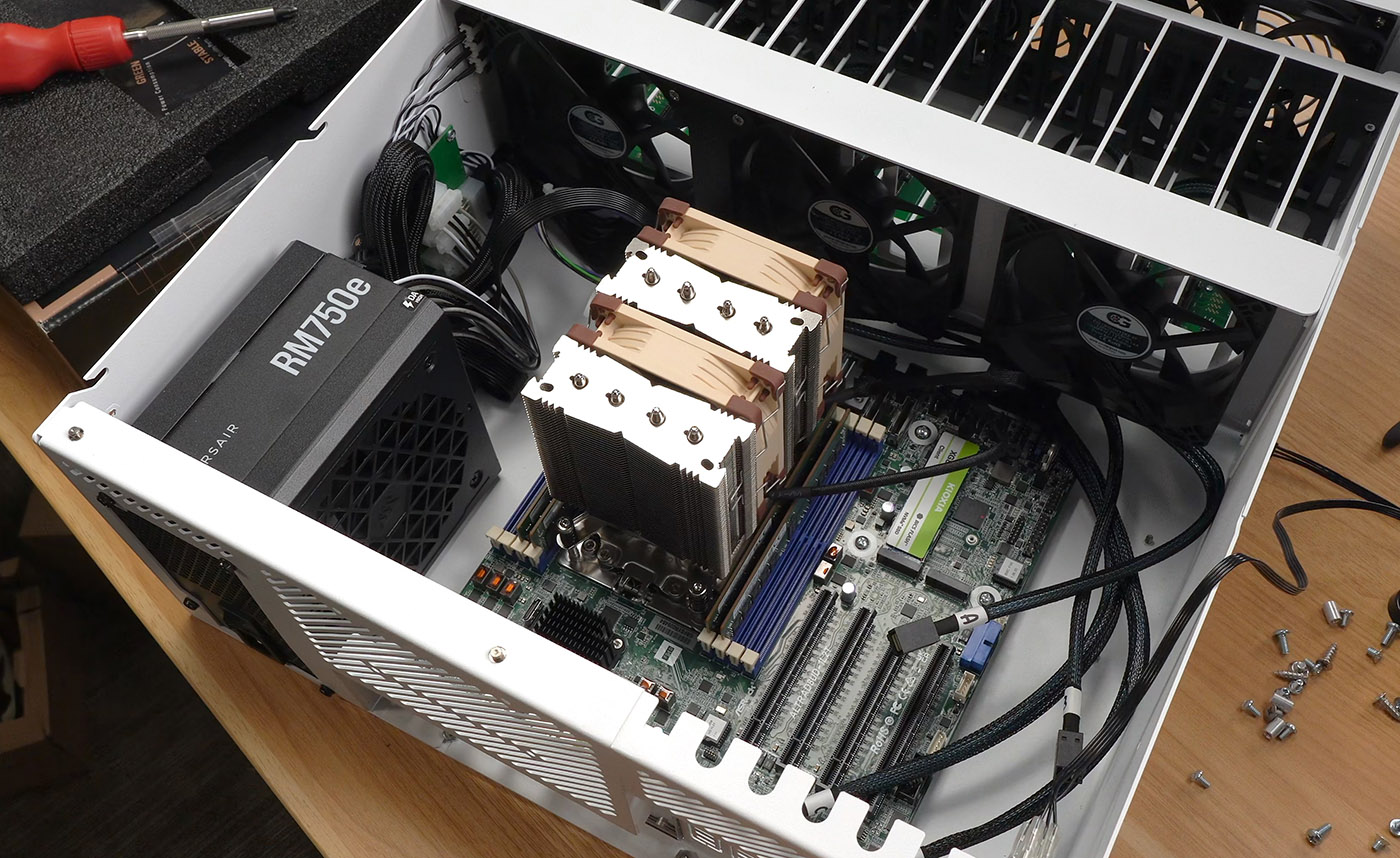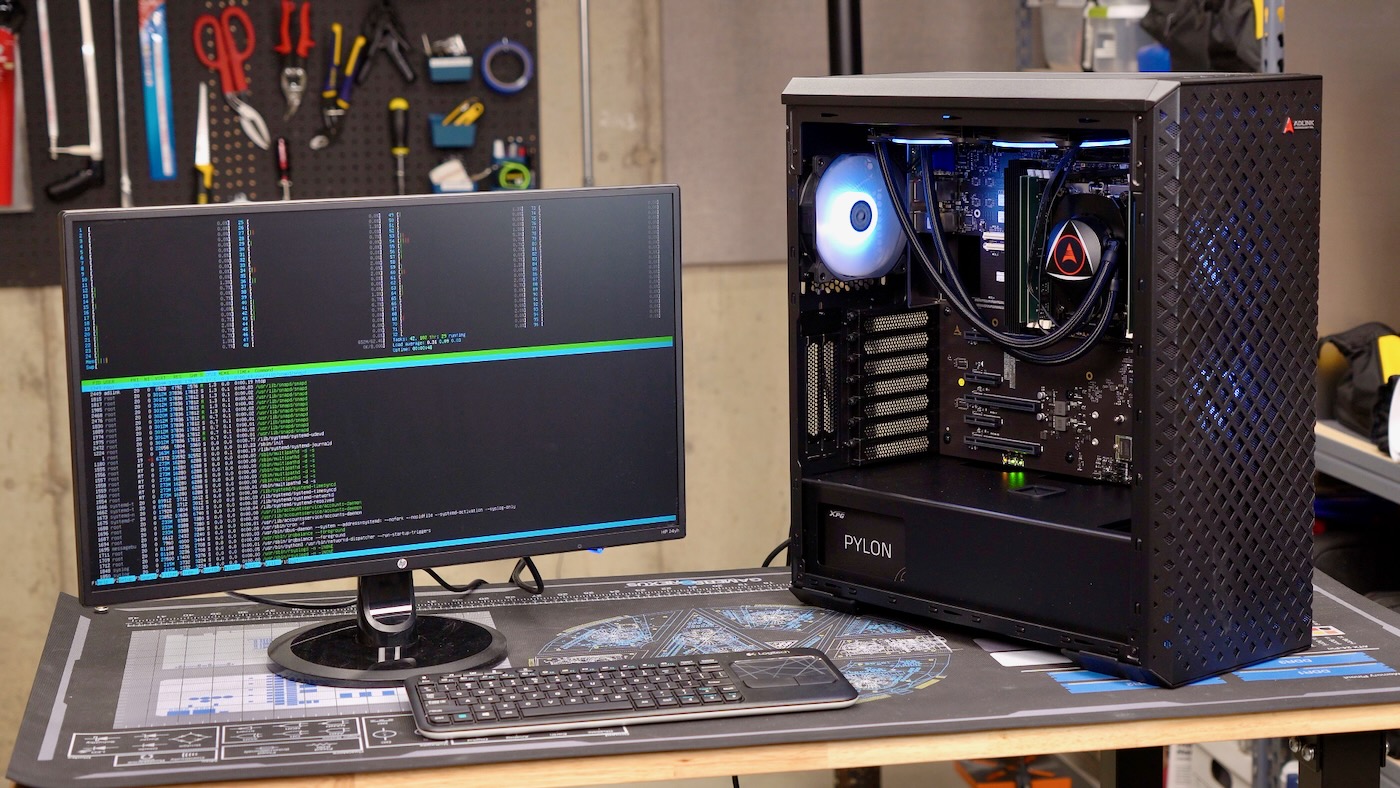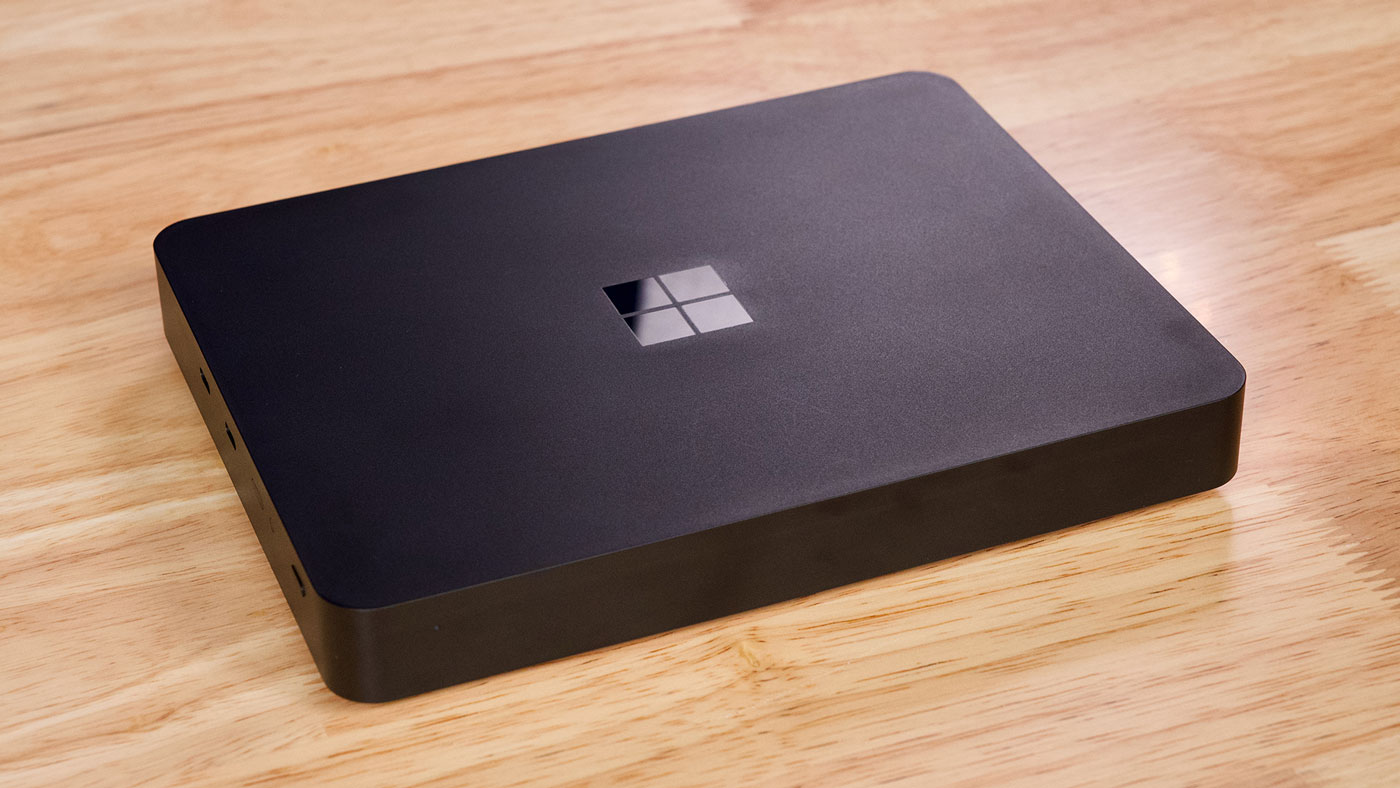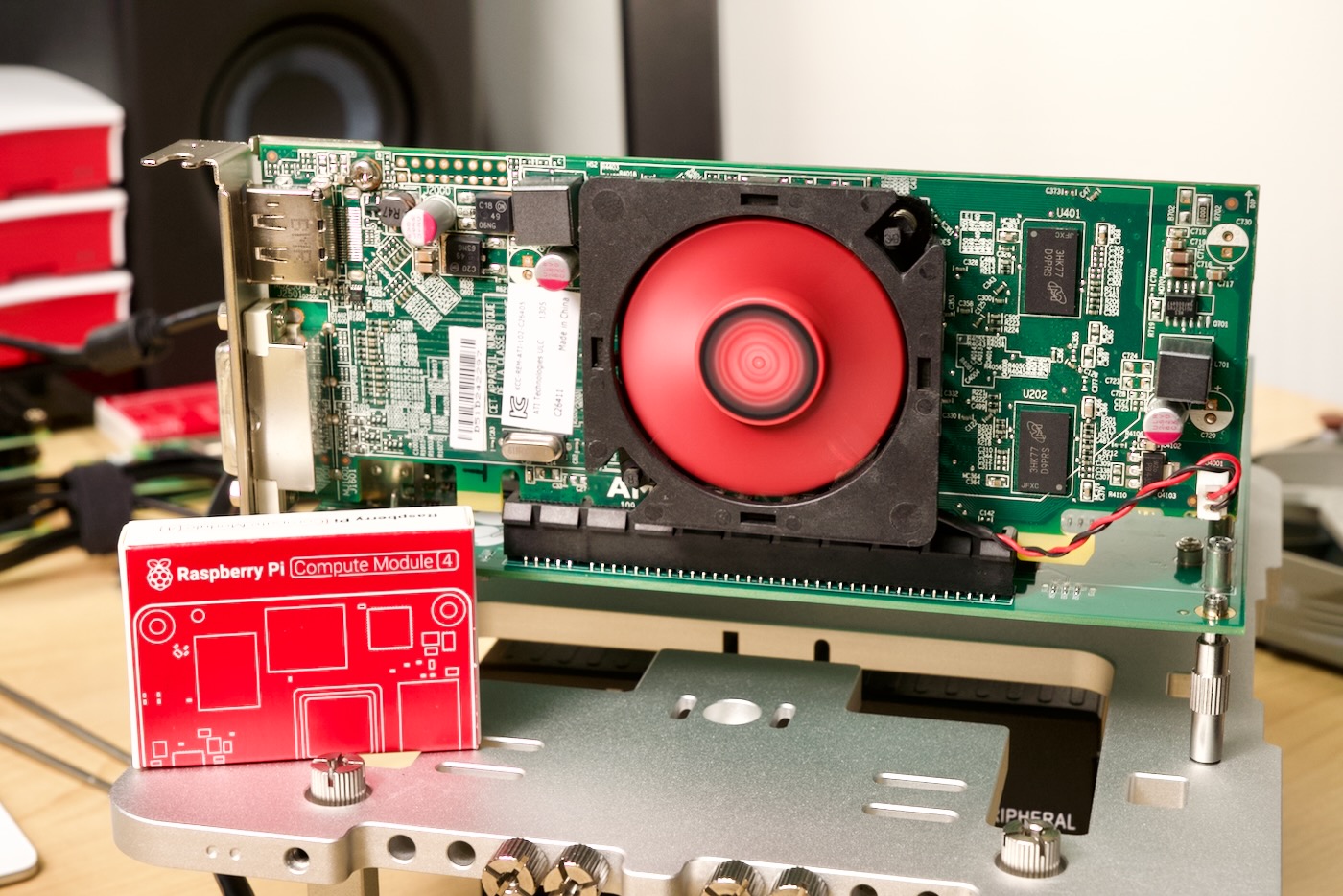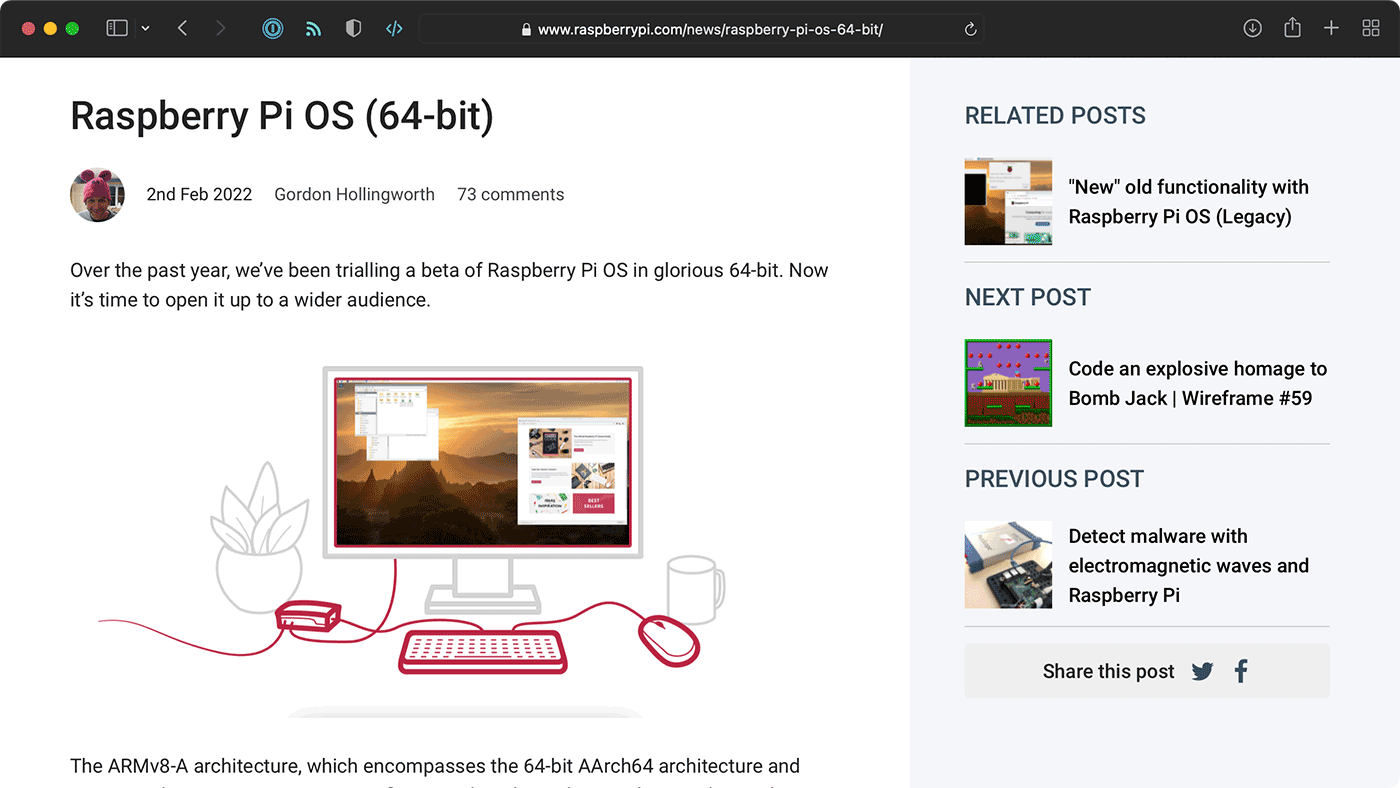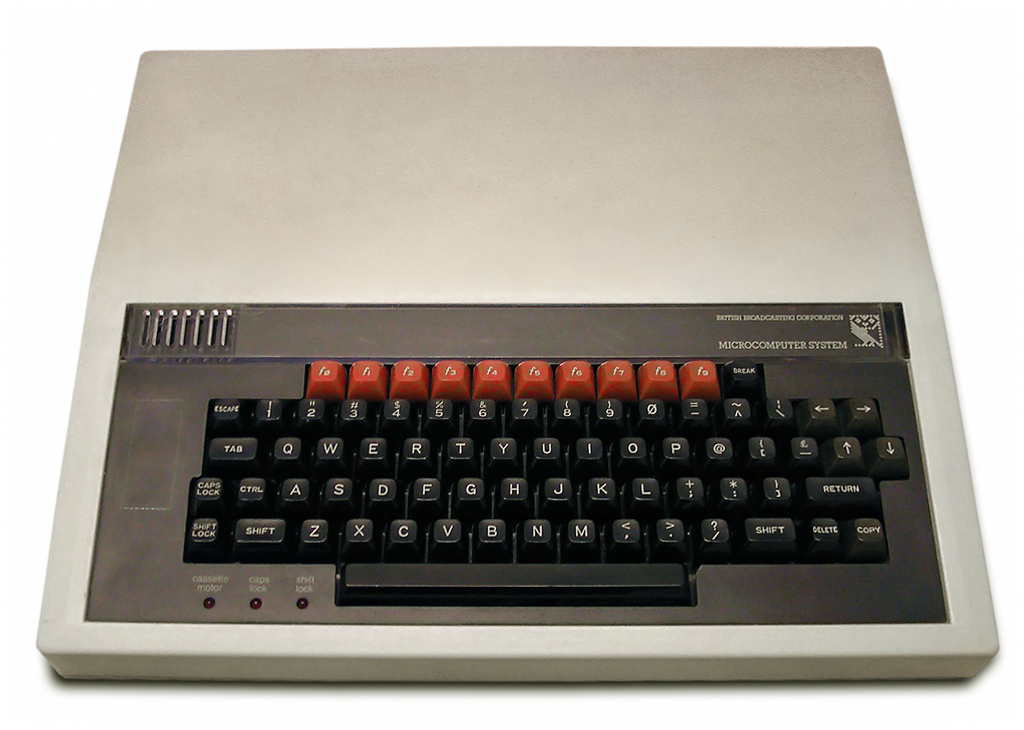NUMA Emulation speeds up Pi 5 (and other improvements)
Recently an Igalia engineer posted a NUMA Emulation patch for the Pi 5 to the Linux Kernel mailing list. He said it could improve performance of Geekbench 6 scores up to 6% for single-core, and 18% for multicore.
My testing didn't quite match those numbers, but I did see a significant and consistent performance increase across both Geekbench 6:

And High Performance Linpack:

